The Importance of Practice: How to Hone Your Poker Skills and Improve Your Game
When it comes to poker, practice is not just a mere suggestion but an essential component for success. Whether you are a novice player looking to enhance your understanding of the game or an experienced player aspiring to elevate your gameplay to the next level, consistent and focused practice is paramount. In this article, we will delve into the significance of practice in poker and provide insights on how to effectively hone your poker skills. From setting clear goals and developing a structured practice routine to utilizing online resources and analyzing past games, we will explore various strategies to help you improve your decision-making abilities, master essential techniques, and prepare yourself mentally and emotionally for the challenges of the game. Get ready to take your poker game to new heights through the power of deliberate practice.
The Importance of Practice: How to Hone Your Poker Skills and Improve Your Game
1. Understanding the Significance of Practice in Poker
1.1 The impact of practice on skill development
Practice makes perfect, or so they say. In the world of poker, practice is not just a cliché, but a fundamental necessity. The more you practice, the better you become. It’s like trying to get that perfect Instagram selfie – you need to find the right angle and lighting, and that only comes with practice. Similarly, in poker, practice allows you to refine your strategies, improve your decision-making abilities, and ultimately elevate your game to the next level.
1.2 How practice improves decision-making abilities
Let’s face it, making decisions can be tough. It’s like choosing between pizza or tacos – both are delicious, but which one will satisfy your cravings? In poker, decision-making is even more crucial. But fear not, my friend, because practice can help you make those tough calls with confidence. By repeatedly exposing yourself to different scenarios, analyzing your options, and observing the outcomes, you’ll train your brain to make better decisions under pressure. So, next time someone asks you if you want to go all-in, you’ll be prepared to make the right move – just like a pro!
2. Setting Clear Goals and Objectives for Skill Improvement
2.1 Defining areas of focus for skill enhancement
Improving your poker game is like trying to bake the perfect cake – you need to focus on different ingredients. Are you struggling with your bluffs, getting caught in a web of deception? Or maybe your poker face needs some work, and your opponents can read you like an open book. Whatever it may be, identifying the areas where you need improvement is crucial. By pinpointing these specific aspects, you can tailor your practice sessions and allocate your time and effort effectively.
2.2 Establishing measurable goals to track progress
Setting goals in poker is like setting goals in life – you need a roadmap to success. But instead of aiming for world domination, you’ll be aiming for poker domination. Establishing measurable goals allows you to track your progress and gives you a sense of accomplishment as you reach each milestone. Whether it’s mastering a new bluffing technique or participating in a major tournament, these goals will drive your motivation and keep you on the right track. So go ahead, set those goals, and let the poker gods be your guide!
3. Developing a Structured Practice Routine
3.1 Creating a consistent practice schedule
Consistency is key, my friend. Just like brushing your teeth every day keeps your smile bright, practicing poker regularly keeps your skills sharp. By creating a consistent practice schedule, you’ll develop a routine that becomes second nature. Whether it’s dedicating a few hours every evening or squeezing in practice during your lunch break, find a schedule that works for you and stick to it. Remember, the more you practice, the more comfortable and confident you’ll become at the table.
3.2 Balancing different aspects of the game in your routine
Poker is a game of balance – just like life. You need to find the right equilibrium between aggression and caution, risk and reward, and work and play (okay, maybe not that last one). When developing your practice routine, make sure to include a variety of exercises that focus on different aspects of the game. From studying hand histories and analyzing your opponents’ strategies to playing simulated games and working on your mental game, a well-rounded practice routine will help you build a solid foundation for success.
4. Utilizing Online Resources and Tools for Practice
4.1 Exploring virtual poker platforms for practice sessions
In this digital age, everything is just a click away – even poker practice. Virtual poker platforms offer a convenient way to sharpen your skills from the comfort of your own home. Whether you’re a beginner honing your basics or an experienced player looking to test new strategies, these platforms provide a realistic and immersive experience. So put on your favorite pajamas, grab a snack, and get ready to bring your A-game to the virtual felt!
4.2 Leveraging training websites and software for skill development
If you’re serious about taking your poker game to the next level, it’s time to level up your training. Training websites and software are like your personal poker coaches, guiding you through the intricacies of the game. From interactive tutorials and strategy guides to advanced analytics and hand analysis tools, these resources offer a wealth of knowledge at your fingertips. So don’t just fold your hand and wait for luck to strike – take advantage of these tools and elevate your poker skills like a true pro!
Remember, my friend, practice is the secret sauce that separates the amateurs from the pros in the world of poker. So make a commitment to yourself, set those goals, and embrace the journey of continuous improvement. With each practice session, you’ll get one step closer to becoming a poker master. Good luck, and may the cards be forever in your favor!
5. Mastering Essential Poker Techniques through Repetition
5.1 Practicing fundamental skills like hand reading and pot odds calculation
In poker, mastering fundamental skills is crucial to becoming a skilled player. From accurately reading your opponents’ hands to calculating pot odds in the heat of the moment, these skills can make or break your game. But how do you develop these skills? The key is practice, practice, and more practice. By repeatedly honing these techniques, you’ll train your brain to make quick and accurate assessments, giving you a winning edge at the poker table.
5.2 Repeating advanced techniques such as bluffing and range analysis
Once you’ve mastered the fundamentals, it’s time to level up your game with more advanced techniques like bluffing and range analysis. Bluffing requires both skill and finesse, and the only way to truly improve is to practice it repeatedly. By experimenting with different bluffing strategies and observing their outcomes, you’ll learn when to pull off a successful bluff and when to fold like a pro. Additionally, practicing range analysis will sharpen your ability to accurately assess the possible hands your opponents might hold, allowing you to make more informed decisions and maximize your chances of winning.
6. Analyzing and Learning from Past Games and Mistakes
6.1 Reviewing hand histories to identify areas for improvement
In poker, learning from your mistakes is a crucial part of growth. One way to do this is by reviewing your past games. Take the time to analyze your hand histories, looking for patterns and areas where you could have made better decisions. Maybe you missed an opportunity to bluff, or perhaps you misjudged your opponents’ hand ranges. By identifying these areas for improvement, you can actively work on refining your skills and avoiding similar mistakes in the future.
6.2 Learning from past mistakes to avoid repeating them
It’s said that the definition of insanity is doing the same thing over and over again and expecting different results. The same principle applies to poker. Once you’ve identified your past mistakes, it’s essential to learn from them and make a conscious effort to avoid repeating them. This could mean adjusting your betting strategy, being more cautious when faced with certain player types, or simply being more patient and disciplined in your decision-making. Remember, every mistake is an opportunity to grow and become a better player.
7. Enhancing Decision-Making Skills and Strategies
7.1 Practicing critical thinking and logical reasoning in poker scenarios
Poker is a game of decision-making, and the ability to think critically and reason logically is paramount. To enhance these skills, it’s essential to practice placing yourself in different poker scenarios and carefully evaluate the available information. Ask yourself questions like, “What hands could my opponent have?”, “What are the potential outcomes of my actions?”, and “What is the most strategic move in this situation?” By actively engaging your critical thinking and logical reasoning skills, you’ll be better equipped to make sound decisions on the poker table.
7.2 Experimenting with different strategies to broaden skill set
While having a solid go-to strategy is important, it’s also crucial to be adaptable and well-rounded as a poker player. By experimenting with different strategies, you can broaden your skill set and gain a deeper understanding of the game. Try out different playing styles, such as tight-aggressive or loose-passive, and see how they affect your overall success. Through this experimentation, you’ll not only discover what works best for you but also develop the ability to adjust your gameplay based on different opponents and situations.
8. The Role of Mental and Emotional Preparation in Poker Practice
8.1 Incorporating mindfulness and relaxation techniques into practice routine
Poker is not just a game of cards but also a game of the mind. Mental and emotional preparation is vital to performing at your best. Incorporating mindfulness and relaxation techniques into your practice routine can help you develop a focused and calm mindset. Whether it’s deep breathing exercises, meditation, or visualization, taking the time to center yourself before a game will enhance your ability to make clear, rational decisions even in high-pressure situations.
8.2 Managing tilt and emotions to maintain a focused and strategic mindset
Tilt, the state of emotional frustration or anger that can negatively impact your decision-making, is the nemesis of every poker player. Learning to manage tilt and other emotions is paramount to maintaining a focused and strategic mindset. Recognize the signs of tilt and develop strategies to stay composed, such as taking breaks, practicing self-talk, or even using humor to diffuse tension. Remember, poker is a mental game, and being able to control your emotions will give you a significant advantage over your opponents.
In conclusion, never underestimate the importance of practice when it comes to honing your poker skills and improving your game. By setting clear goals, establishing a structured practice routine, utilizing online resources, and learning from past games and mistakes, you can continuously enhance your decision-making abilities, master essential techniques, and strengthen your mental and emotional preparation. Remember, becoming a proficient poker player is not an overnight feat but a journey that requires dedication and consistent effort. So, embrace the power of practice, keep refining your skills, and watch as your game reaches new heights. Good luck at the tables!
FAQ
1. How often should I practice poker?
While the frequency of practice can vary depending on your schedule and commitments, it is recommended to practice poker consistently. Aim for at least a few sessions per week, dedicating a sufficient amount of time to each session to truly focus and engage in deliberate practice.
2. Are online resources and tools effective for practicing poker?
Yes, online resources and tools can be highly effective for practicing poker. Virtual poker platforms provide a realistic playing experience, allowing you to practice against other players or computer opponents. Additionally, training websites and software offer valuable resources such as tutorials, hand analysis, and practice drills to enhance your skills.
3. How do I handle setbacks or losses during practice?
Setbacks and losses are inevitable in poker, even during practice sessions. It’s important to approach these situations with a growth mindset and view them as learning opportunities. Take the time to analyze your mistakes, learn from them, and make adjustments to your game. Remember that setbacks are a natural part of the learning process, and resilience is key to long-term improvement.
4. Can practicing poker improve my overall decision-making abilities?
Absolutely! The skills and strategies involved in poker can translate to better decision-making abilities in various aspects of life. Through practice, you will develop critical thinking, logical reasoning, and risk assessment skills that can be applied beyond the poker table. So, not only will you improve your game, but you will also enhance your cognitive abilities in general.

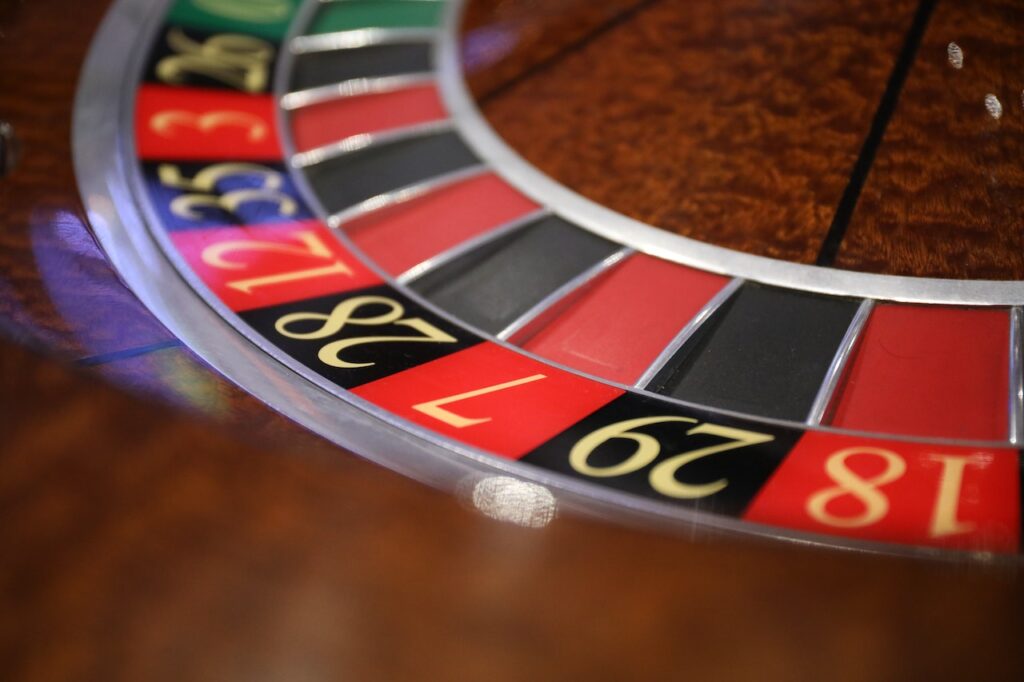
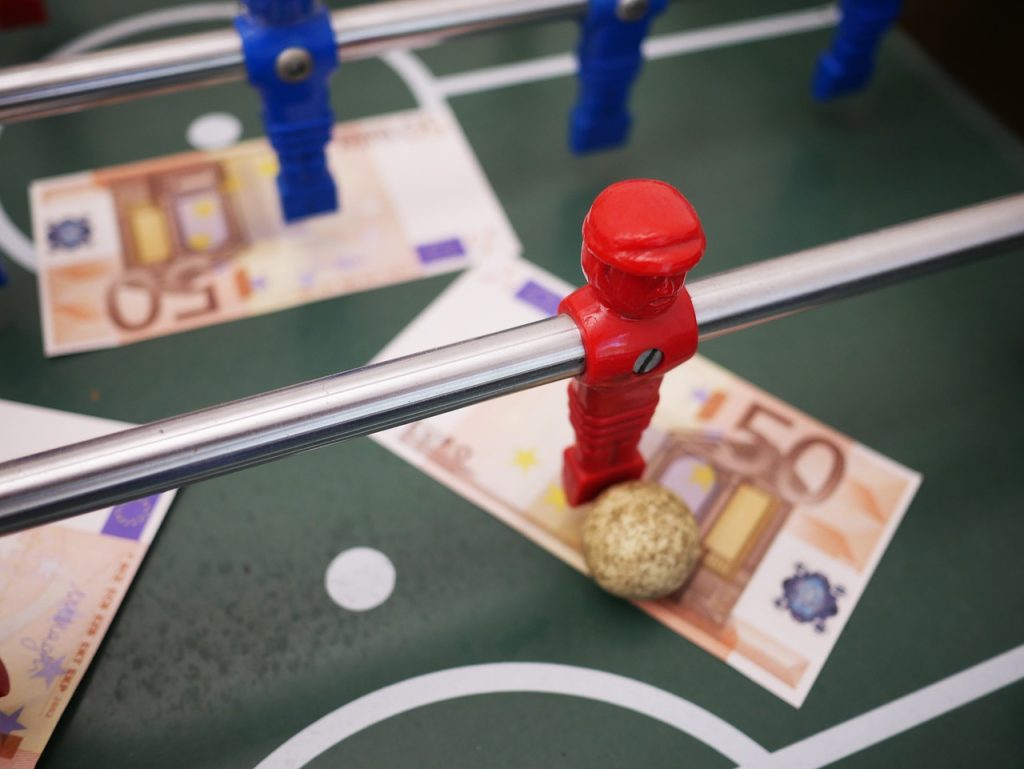
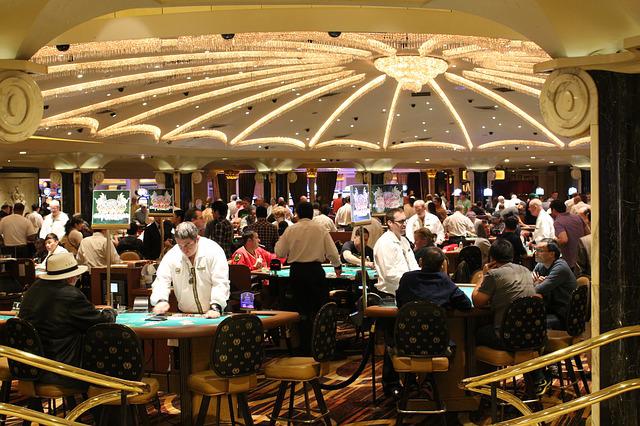

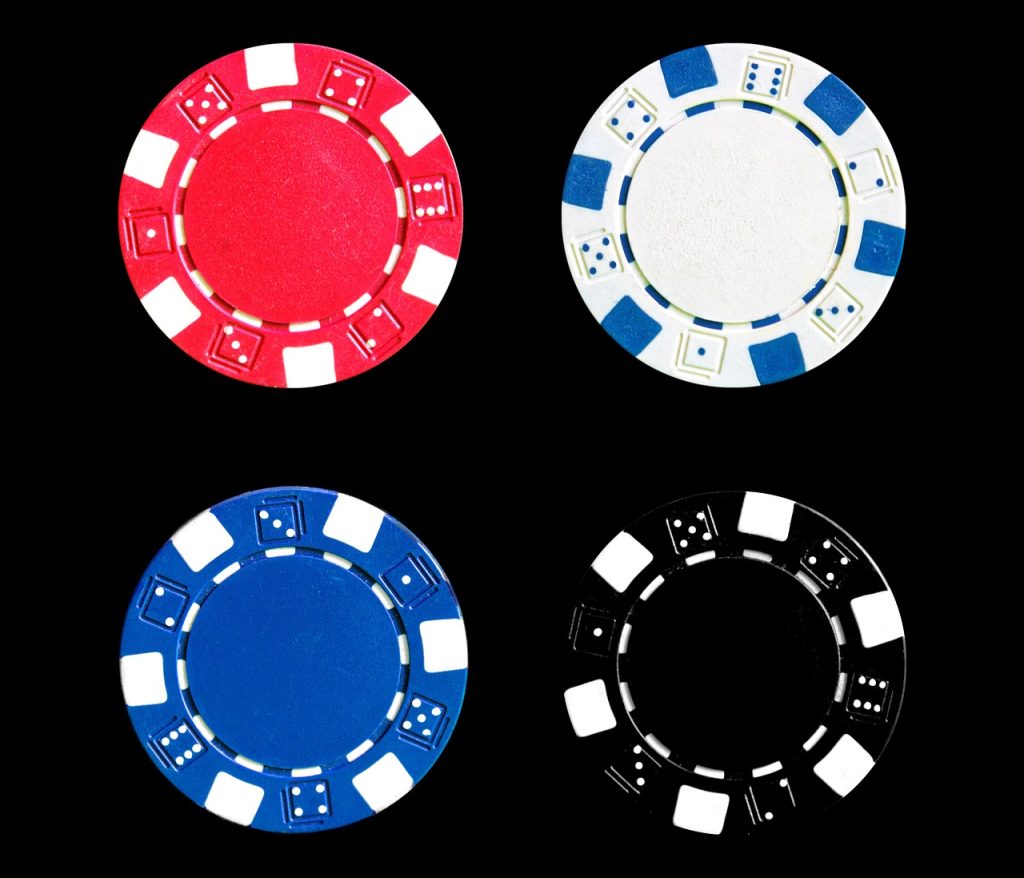
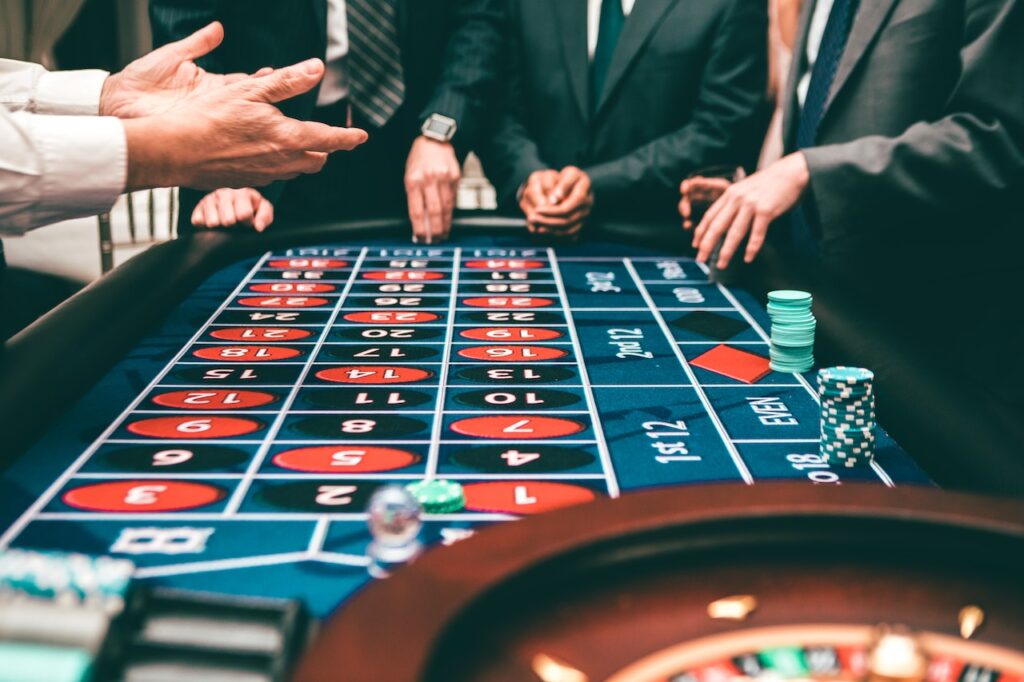
Facebook Comments